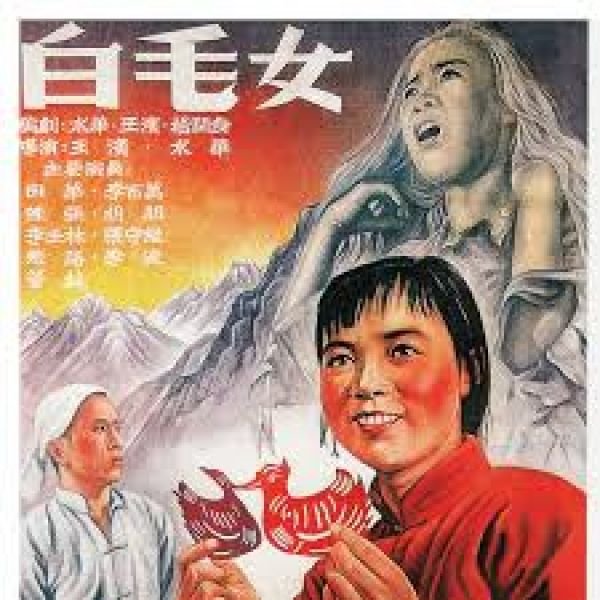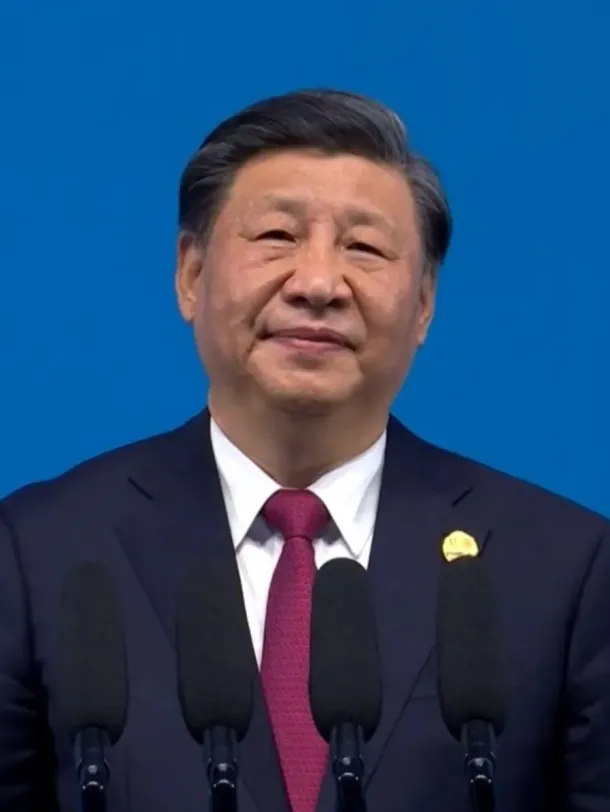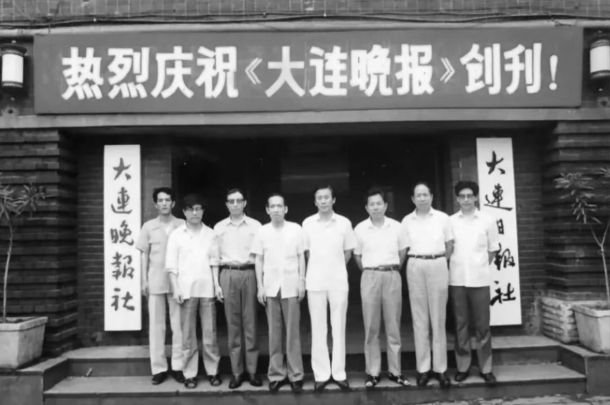Red Relics

In a dry publicity stunt meant to affirm the leadership’s staunch backing of arts and culture, China’s official People’s Daily published a letter on the front page earlier this month reportedly sent by Xi Jinping to eight “film artists” (电影艺术家). According to the paper, the artists had previously written to the leader to reflect on their decades in the field, and to pledge to help build China into a “cultural power” (文化强国). In his response, Xi lauded the filmmakers for their “love for the Party and people” (对党和人民的热爱). He urged them to continue serving as role models embodying “cultural confidence,” or wenhua zixin (文化自信).
But when it came to cultural currency there was just one problem. All of these “film artists” were veteran actors from the revolutionary cinema era of the 1950s to 1970s, far predating reforms. Chief among these old guard stars was Tian Hua (田华), the actress born almost a century ago who starred in the 1950 propaganda classic The White-haired Girl (白毛女).
In more news related to “cultural power” this week, state media report that China’s updated figure of 1.12 billion internet users, reached during the first half of this year, means it has “prowess in culture.”
















